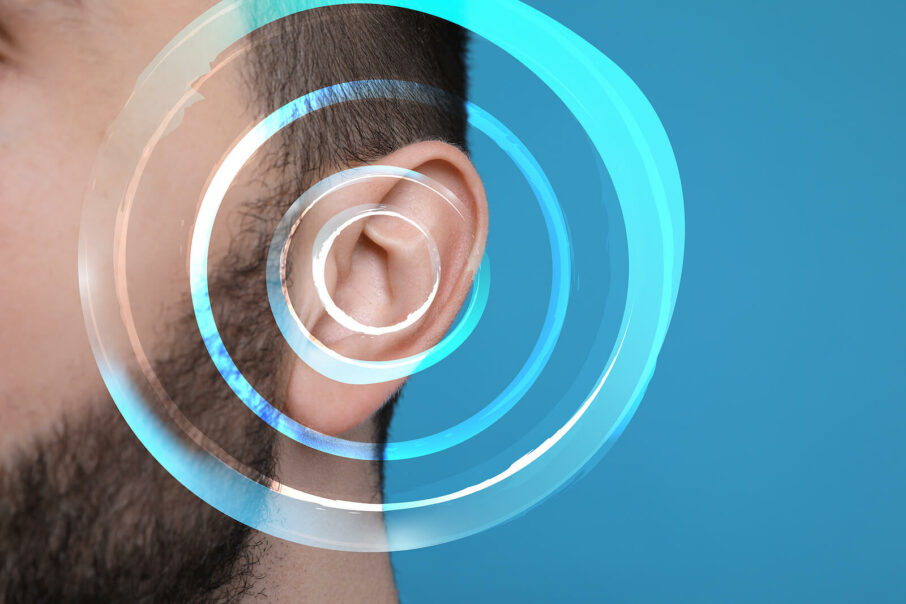If you have had ringing in your ears, you will be familiar with the stress it can cause you. Not only is it distracting from the activities you need to complete in your day, but you can find it difficult to achieve the mental rest you need to fall asleep. Particularly in the quiet hours just before falling asleep, you might feel unable to clear your mind and get rest. If you are one of the people who struggles with tinnitus, this description might sound all too familiar to you. The good news is that treatment options for tinnitus have improved greatly in recent years. You can find a wide range of solutions ranging from at-home methods to professional assistance provided through hearing aids. Let’s take a closer look at the link between tinnitus, anxiety, and sleep issues, as well as what you can do to relieve your symptoms.
Tinnitus, Anxiety, and Sleep
Tinnitus is the condition of persistent sound coming from within your body. Although some cases of tinnitus are caused by a sound within your body that a doctor can hear with special instruments—such as bone clicking or blood vessel problems—most cases of tinnitus are considered “subjective.” In this case, the tiny, hairlike organelles of the inner ear called stereocilia are bent, broken, or damaged in a way that they produce the sensation of a continuous sound. When a person experiences this consistent sound, it can be unsettling, annoying, frustrating, and even anxiety-inducing. That anxiety tends to increase with time. Those who have serious anxiety find that they are unable to focus on other tasks, and those who work in quiet environments tend to have the hardest time. When the time comes to focus on a task, the sound of tinnitus can feel like the only thing that captures one’s focus. Furthermore, tinnitus can make it difficult to sleep. Particularly in the quiet hours just before falling asleep, those who have tinnitus find it difficult to achieve that quiet state that brings rest. Without a quiet environment, some people with tinnitus even find themselves suffering from insomnia, and anxiety and insomnia can contribute to one another.
Treatment for Tinnitus
With these potential related conditions of anxiety and sleep issues in mind, getting treatment for tinnitus is crucial. There is no one-size-fits-all model for tinnitus treatment, and each individual will need to try several approaches to see what works. Some treatment methods can be performed right at home. For instance, using a white noise machine, box fan, or other sound producing device can mask the sound of tinnitus. Many people play a television or radio on low volume through the night to make it possible to mask that sound of tinnitus, as well. These approaches can work wonders for the person with tinnitus, but they might be bothersome to others in the house. In addition, they tend not to be effective at other times of day or in locations that need to remain quiet, such as offices. In these cases, other types of treatment are necessary. Many of the latest hearing aids can double as tinnitus treatment devices. These units work by producing a sound that mimics the sound of tinnitus and reversing the “phase” relationship. This psychoacoustic technique makes it possible to effectively cancel out the sound of tinnitus at a particular frequency. One of the challenges with this method is that the user will need to precisely dial in the frequencies of tinnitus, sometimes finding it difficult to isolate those individual sounds. With these considerations in mind, you can see that no tinnitus treatment approach works for everyone, but you can explore your options under the guidance of our hearing health professionals. If you are interested in learning more about tinnitus treatment, simply contact us for a consultation. We will perform a hearing test to see if you have any hearing loss issues in conjunction with tinnitus. When you describe the nature of your tinnitus and the situations that produce anxiety or sleep difficulty, we can work together to find an approach to improving your symptoms. Don’t hesitate to contact our offices for assistance!


